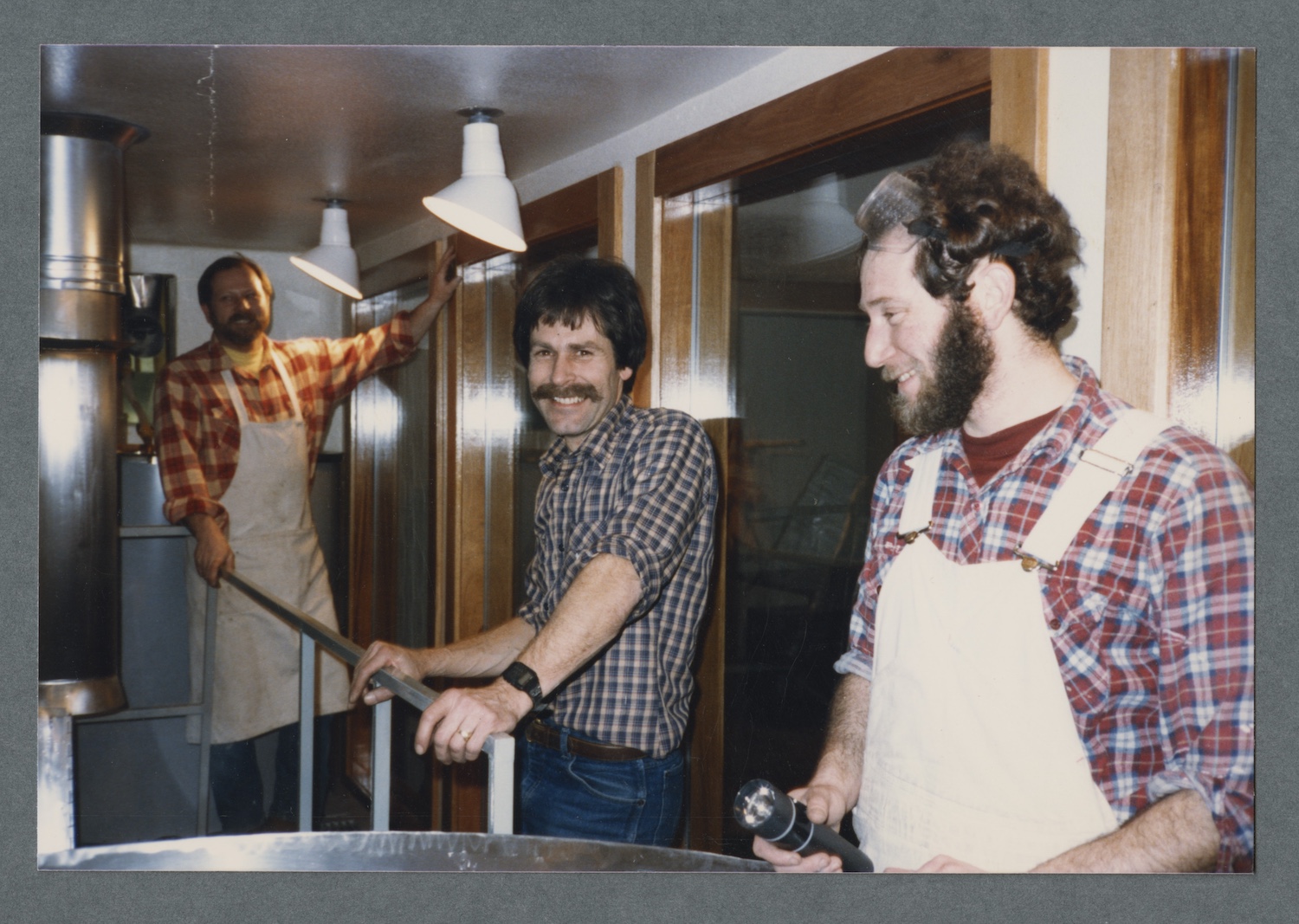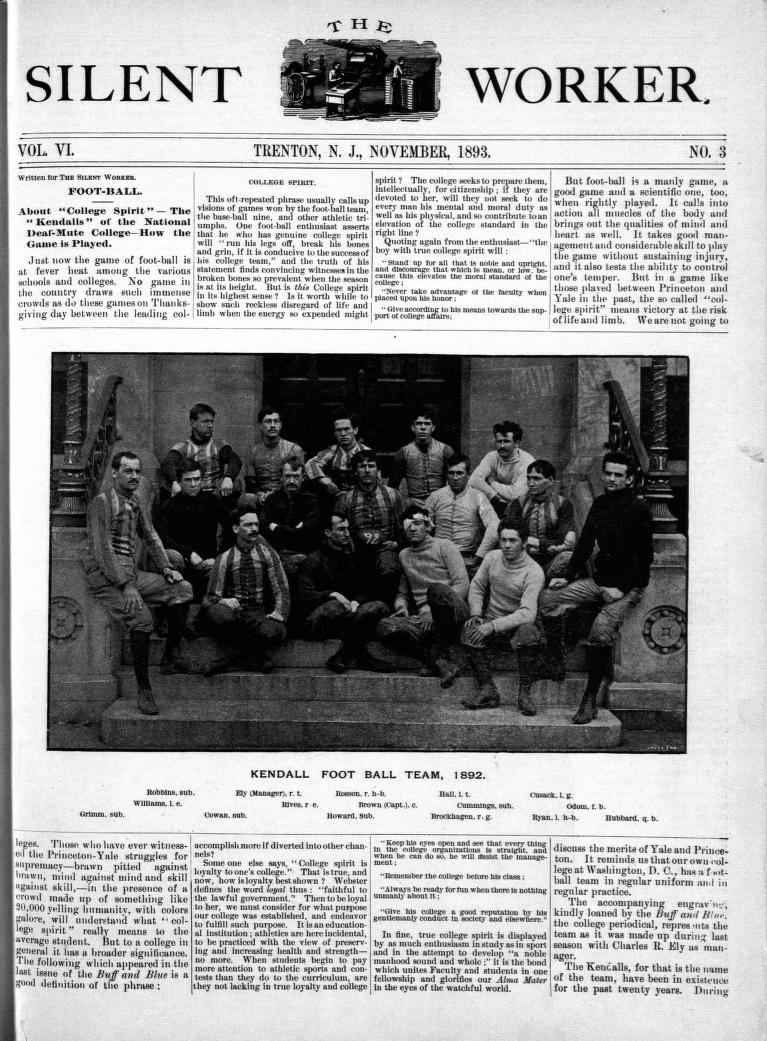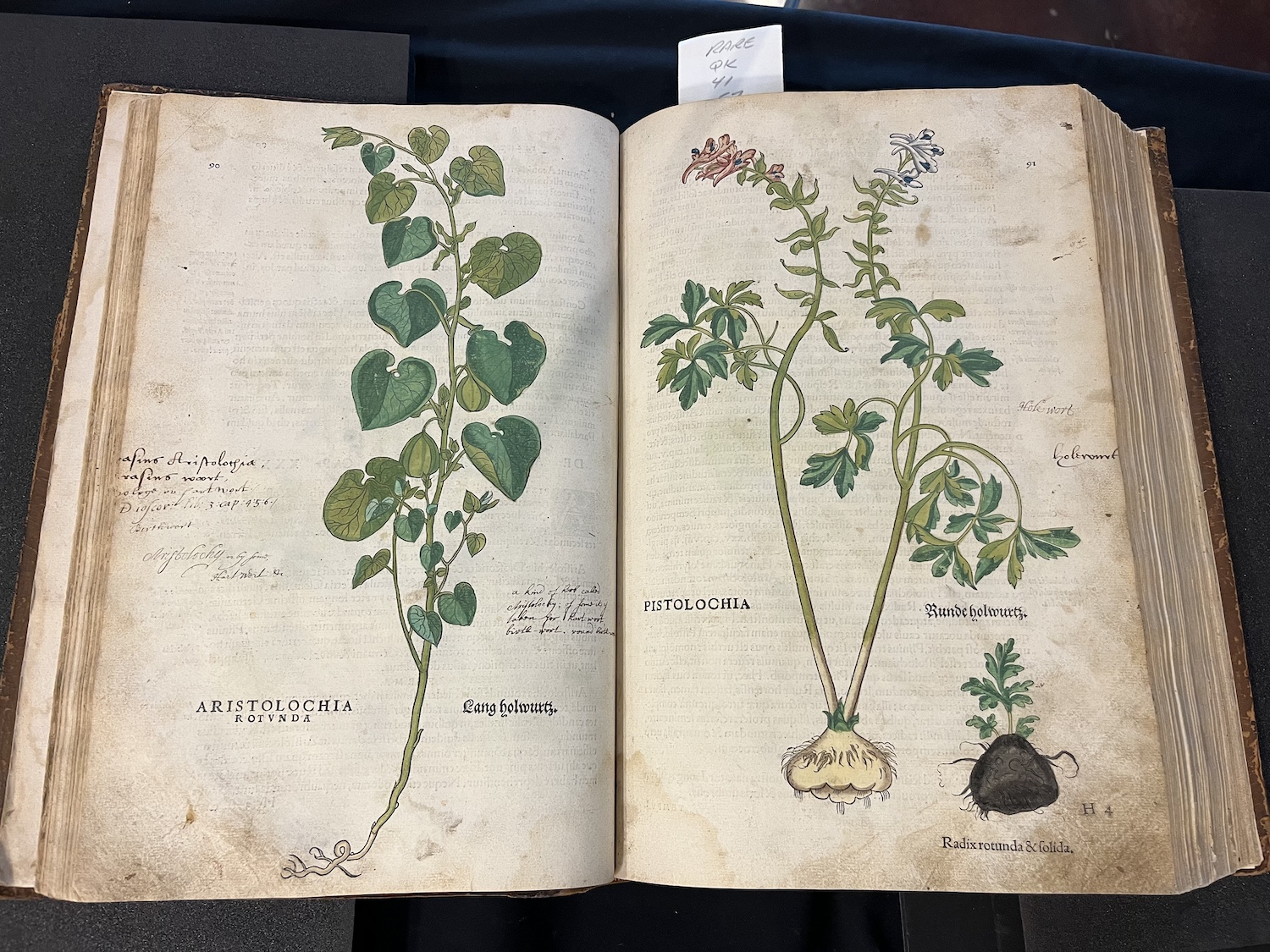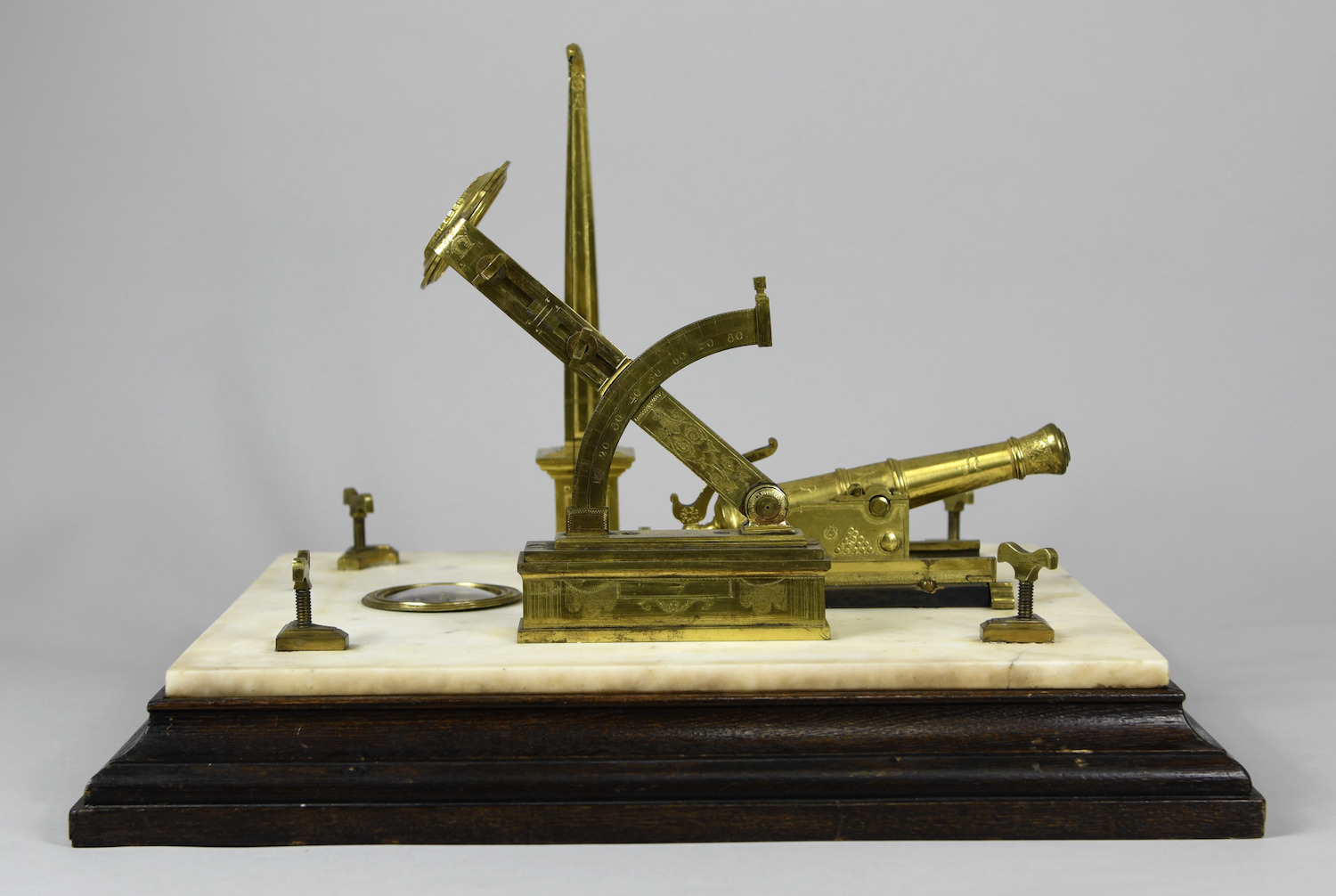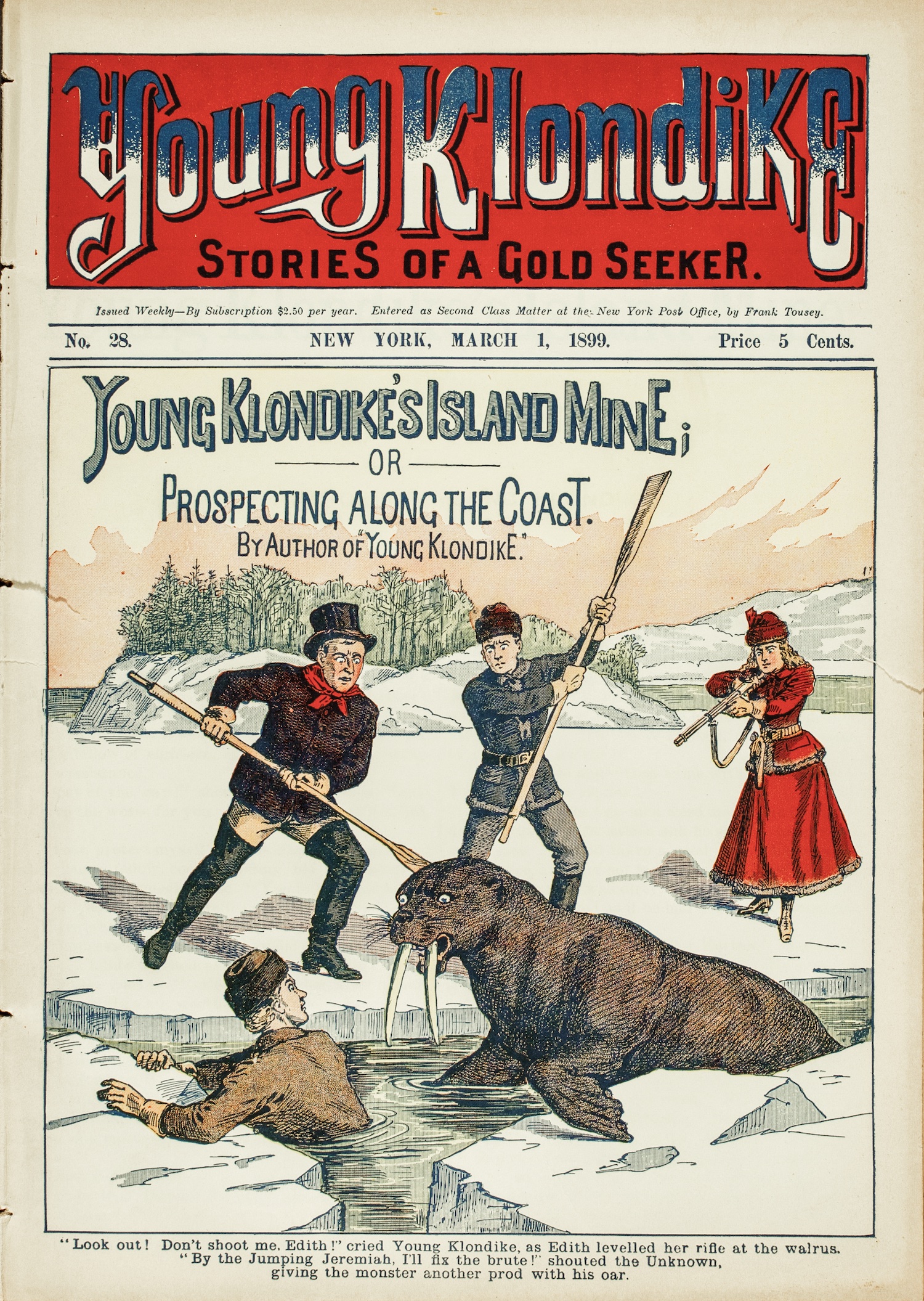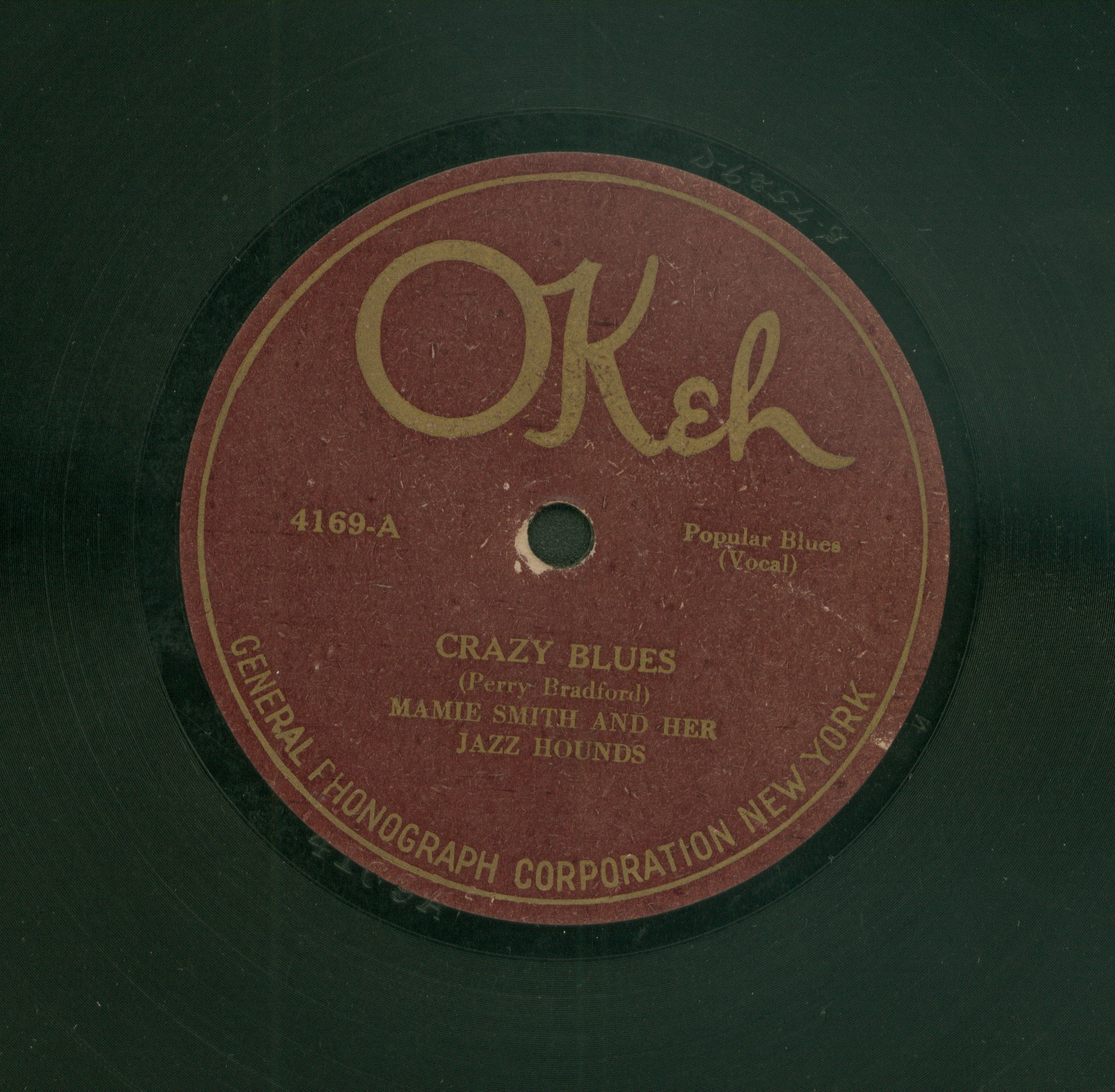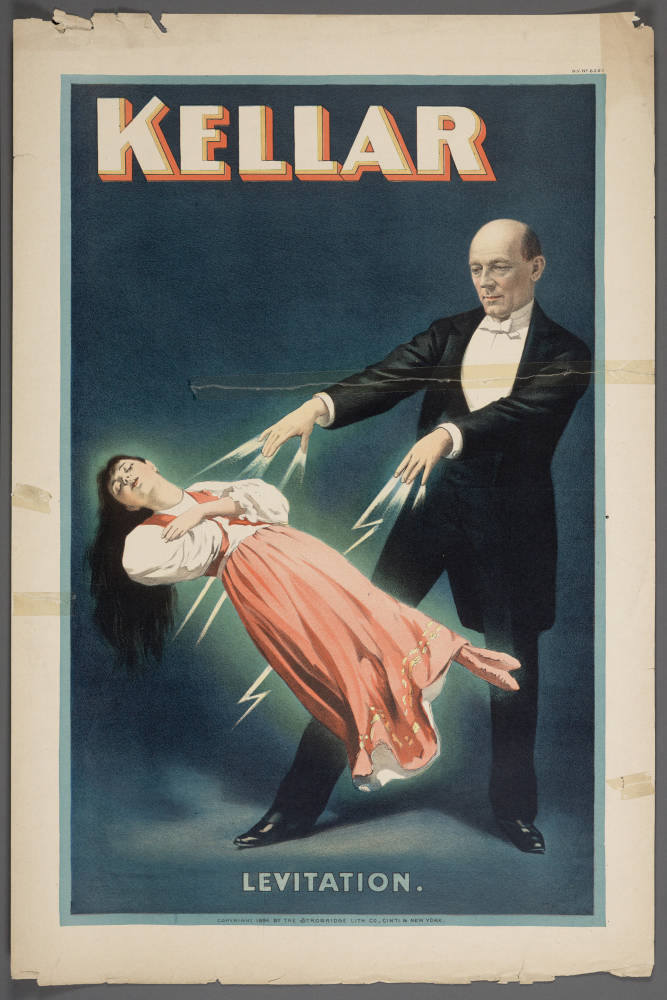Elisa Shoenberger
33 Articles
From:
To:
Brewing Up History: Oregon State University’s Oregon Hops and Brewing Archives | Archives Deep Dive
Established in 2013 in Corvallis, OR, the Oregon Hops and Brewing Archive at Oregon State University aims to collect and preserve books, periodicals, ephemera, and artifacts about brewing and hops farming in the Pacific Northwest. The university has a department dedicated to food science and technology under its College of Agricultural Sciences, as well as its own Research Brewery, and since 1995 has offered one of the few Fermentation Science programs in the country. But it would take a department merger and a wedding to spark the creation of the archive.
Deaf History is American History: An Exploration of Gallaudet University Archives | Archives Deep Dive
Chartered by President Abraham Lincoln in 1864, Gallaudet University, in Washington, DC, holds the distinction of being the only bilingual university for Deaf, Hard of Hearing, and other Deaf Disabled students in the world. Consequently, it has the world’s largest archives of materials related to deaf and hard-of-hearing communities, with a mission to preserve “the institutional memory of the University and historic material from the global Deaf community,” according to the Gallaudet website.
Growing a Library: National Tropical Botanical Garden | Archives Deep Dive
While there are many botanical gardens across the United States, only one has the distinction of being a tropical botanical garden chartered by the U.S. Congress: the National Tropical Botanical Garden, located in Kauaʻi, Hawaiʻi.
The New Bedford Whaling Museum | Archives Deep Dive
For fans of Herman Melville’s novel Moby-Dick, the name New Bedford, MA, may ring a bell, since it’s where Ishmael, the main character, signs up for the whaling expedition. The city is also home to the New Bedford Whaling Museum, which was founded as the Old Dartmouth Historical Society in 1903.
Women in Flight: The Archives and Library of the Ninety-Nines | Archives Deep Dive
On November 2, 1929, at Curtiss Airfield in Valley Stream, NY, 26 female licensed pilots, mostly from the East Coast, gathered to form the Ninety-Nines, an organization dedicated to support and advance women in aviation. Famed aviator Amelia Earhart, the first president of the Ninety-Nines, came up with the name in honor of the 99 charter members. Almost 95 years since its founding, the Ninety-Nines has about 7,000 members in 44 countries.
Among the Stars: The Adler Planetarium Collection | Archives Deep Dive
Chicago’s Adler Planetarium, which opened on May 12, 1930, is the oldest planetarium in the Western Hemisphere, and holds one of the largest collections of historic scientific instruments in the world, as well as rare books, manuscripts, archival materials, models, and photographs. Max Adler, the institution’s namesake, purchased and donated the initial collection of instruments, which included sundials, astrolabes, telescopes, and a projector.
North to the Future: Alaska and Polar Regions Collections & Archives at the University of Alaska Fairbanks | Archives Deep Dive
It sounds like a story from Jack London or Jon Krakauer: In 1966, two men traveled down the Yukon River in Alaska by canoe to recover papers from abandoned cabins. Paul McCarthy and H. Theodore “Ted” Ryberg were concerned that the generation of former gold miners who came to Alaska in the late 19th century were dying off, and they wanted to preserve that piece of Alaska history. Those explorations would prove pivotal to the Alaska and Polar Regions Collections & Archives formally founded by McCarthy in 1965 at the Elmer E. Rasmuson Library at the University of Alaska, Fairbanks.
Gotta Sing the Blues: The Blues Archive at the University of Mississippi
Since its founding in 1984, the University of Mississippi’s Blues Archive has collected virtually everything related to the Blues, from sheet music, concert tickets, and recordings to record label business files and even clothing. Thanks to a website revamp and a multiyear grant from the National Historical Publications and Records Commission (NHPRC) to digitize materials, this year the archive is starting its 40th anniversary in style.
Magic Words (and More): Magic and Illusion at UT Austin and the American Museum of Magic | Archives Deep Dive
Magic tricks may be momentary, but the annals of performance magic leave a record, commenting on and reflecting the political, cultural, social attitudes of their day. Two collections, the University of Texas at Austin Harry Ransom Center’s Magic and Illusion collection and the American Museum of Magic’s Archives and Library, hold a wealth of information about magic and performers, with a focus on the 19th and 20th centuries.
ALREADY A SUBSCRIBER? LOG IN
We are currently offering this content for free. Sign up now to activate your personal profile, where you can save articles for future viewing

